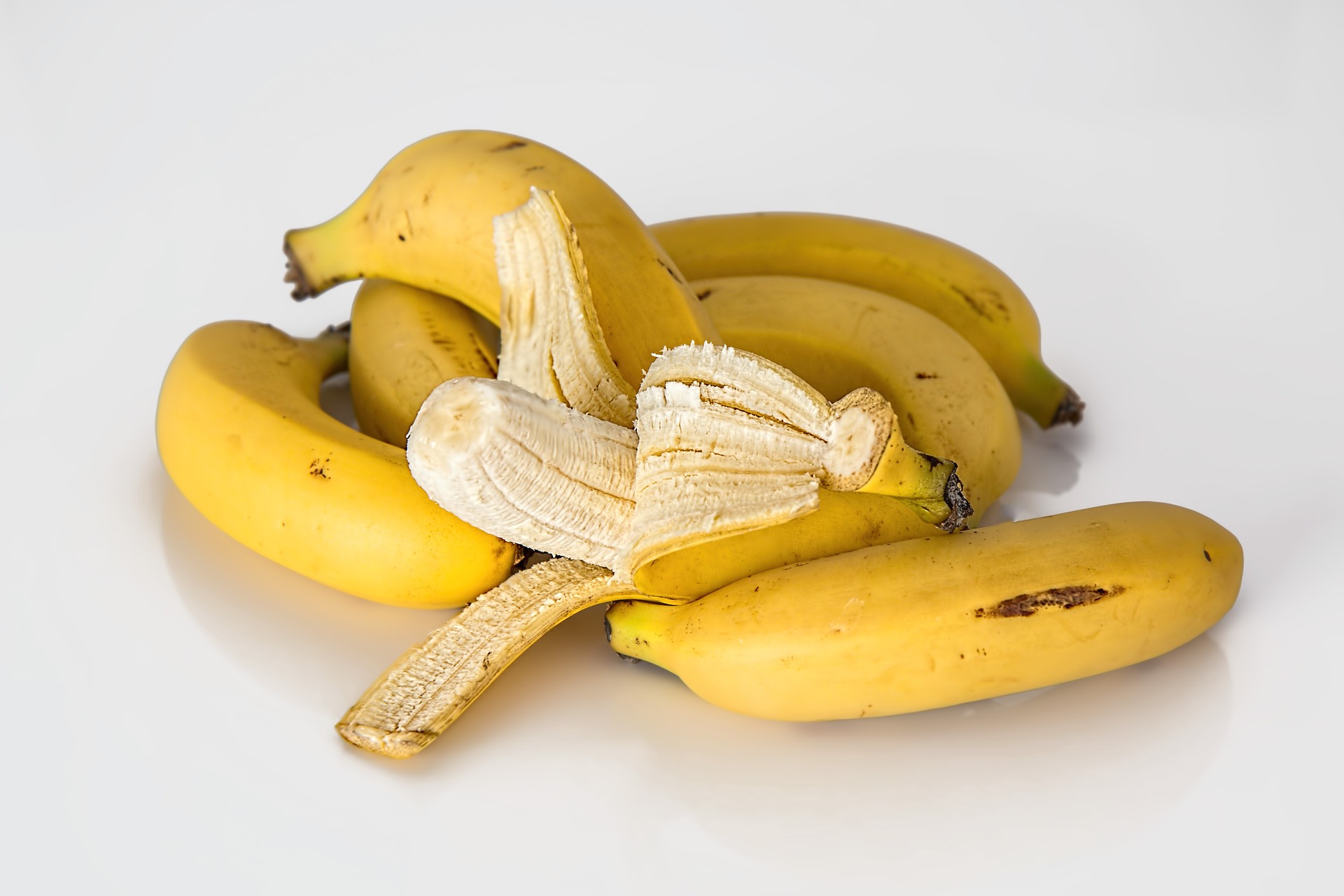Losing weight and maintaining a healthy weight can be challenging, but developing simple, sustainable habits can make it easier. Here are twenty simple habits that can help you achieve sustainable weight loss:
1. Drink plenty of water: Staying hydrated is important for maintaining a healthy metabolism and aiding digestion. Aim for at least 8 glasses of water per day.
2. Get enough sleep: Lack of sleep can disrupt hormones that regulate hunger and satiety, leading to overeating. Aim for 7-8 hours of sleep each night.
3. Eat slowly: Eating too quickly can lead to overeating, as your brain needs time to register that you are full. Take your time to enjoy each bite and put your fork down between each bite.
4. Fill up on fiber: Fiber-rich foods like fruits, vegetables, and whole grains can help you feel fuller for longer and reduce cravings.
5. Avoid skipping meals: Skipping meals can lead to overeating and disrupt your metabolism. Eat regular, balanced meals throughout the day.
6. Practice mindful eating: Pay attention to your food, savor each bite, and tune in to your body’s hunger and fullness signals.
7. Incorporate regular exercise: Exercise can help you burn calories, reduce stress, and improve your overall health. Aim for at least 30 minutes of moderate-intensity exercise most days of the week.
8. Keep healthy snacks on hand: Having healthy snacks like fruit, nuts, or raw vegetables on hand can help you resist unhealthy temptations and prevent overeating.
9. Plan your meals ahead of time: Planning your meals ahead of time can help you make healthy choices and avoid impulsive, unhealthy decisions.
10. Focus on progress, not perfection: Sustainable weight loss takes time and effort, so be kind to yourself and focus on making progress rather than achieving perfection. Celebrate your successes, and keep working towards your goals.
11. Practice portion control: Use smaller plates and bowls, and measure out serving sizes to avoid overeating.
12. Limit processed foods: Processed foods can be high in calories, sugar, and unhealthy fats. Focus on whole, nutrient-dense foods instead.
13. Incorporate protein into your meals: Protein can help you feel fuller for longer and reduce cravings. Aim to include a source of protein in each meal.
14. Find healthy alternatives: Instead of indulging in unhealthy snacks or desserts, find healthy alternatives that satisfy your cravings. For example, try swapping ice cream for a frozen banana or Greek yogurt.
15. Keep a food diary: Keeping track of what you eat can help you identify patterns, make healthier choices, and hold yourself accountable.
16. Practice stress-reduction techniques: Stress can lead to overeating and weight gain. Incorporate stress-reduction techniques like yoga, meditation, or deep breathing into your daily routine.
17. Surround yourself with support: Surround yourself with friends and family who support your weight loss goals, and seek out a support group or weight loss program for additional support.
18. Get creative with your cooking: Experiment with new recipes and healthy ingredients to keep your meals interesting and satisfying.
19. Be mindful of liquid calories: Beverages like soda, juice, and alcohol can be high in calories and sugar. Stick to water, unsweetened tea, or black coffee instead.
20. Don’t deprive yourself: Depriving yourself of your favorite foods can lead to cravings and overeating. Instead, allow yourself occasional indulgences in moderation.


